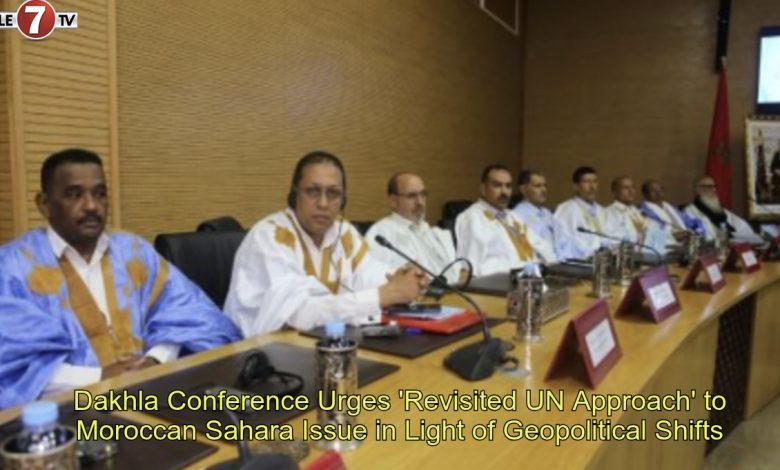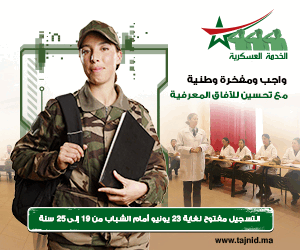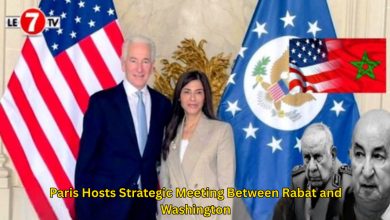Dakhla Conference Urges ‘Revisited UN Approach’ to Moroccan Sahara Issue in Light of Geopolitical Shifts
Dakhla - Participants at the 2nd Policy Conference of the Coalition for Sahara Autonomy (AUSACO), held Tuesday in Dakhla, called for a “revisited UN approach” to the Moroccan Sahara issue, in response to evolving geopolitical dynamics and new facts on the ground.

Under the theme “The New Realities of the Moroccan Sahara: Towards a Revisited UN Approach in a Changing Geopolitical Context,” the conference brought together experts, policymakers and international actors who underscored the need for a more pragmatic and realistic UN engagement. They cited Morocco’s economic and social progress in the southern provinces and the growing global support for the autonomy initiative as key factors demanding a policy rethink.
AUSACO representative Amal Abed Alhaleem Ahmed Aljbour described the second edition of the conference as a milestone in consolidating support for Morocco’s autonomy plan. She noted significant strides since the inaugural edition in 2024, including momentum at the United Nations and expanded international backing for Morocco’s proposal.
“This is an opportunity to reaffirm our commitment to the autonomy plan proposed by Morocco, which remains the most credible and pragmatic solution to this regional dispute,” she said.
Christophe Boutin, Associate Professor of Public Law at the University of Caen, France, said the UN must evolve in line with recent geopolitical shifts, pointing to the support voiced by the United States and France. “The UN must now adapt to the reality on the ground,” Boutin told MAP.
Italian MP Ouidad Bakkali, a member of the Parliamentary Intergroup in Support of the Autonomy Plan, said growing international alignment behind Morocco’s initiative highlights its legitimacy and effectiveness. She urged a unified European stance to help resolve the protracted conflict.
Souleymane Satigui Sidibé, President of the Sahel Initiative for Research and Analysis for Conflict Transformation (TIRAC-SAHEL), also called for closure. “It is time to put an end to this debate,” he said, urging countries backing Morocco to work together toward a definitive resolution.
The conference program features thematic panels on the development model of Morocco’s southern provinces, autonomous governance, and a renewed UN framework for addressing this regional dispute.
Participants are also scheduled to visit flagship infrastructure projects, including the Dakhla Atlantic Port, a central element of Morocco’s new development model for the southern provinces aimed at boosting the region’s economic competitiveness.
AUSACO is an independent organization comprising more than 3,000 members worldwide, including politicians, parliamentarians, diplomats, academics, journalists, lawyers, and civil society figures. The coalition advocates for the Moroccan Autonomy Initiative as the only viable and lasting solution to the Sahara conflict across political, parliamentary and academic platforms.








